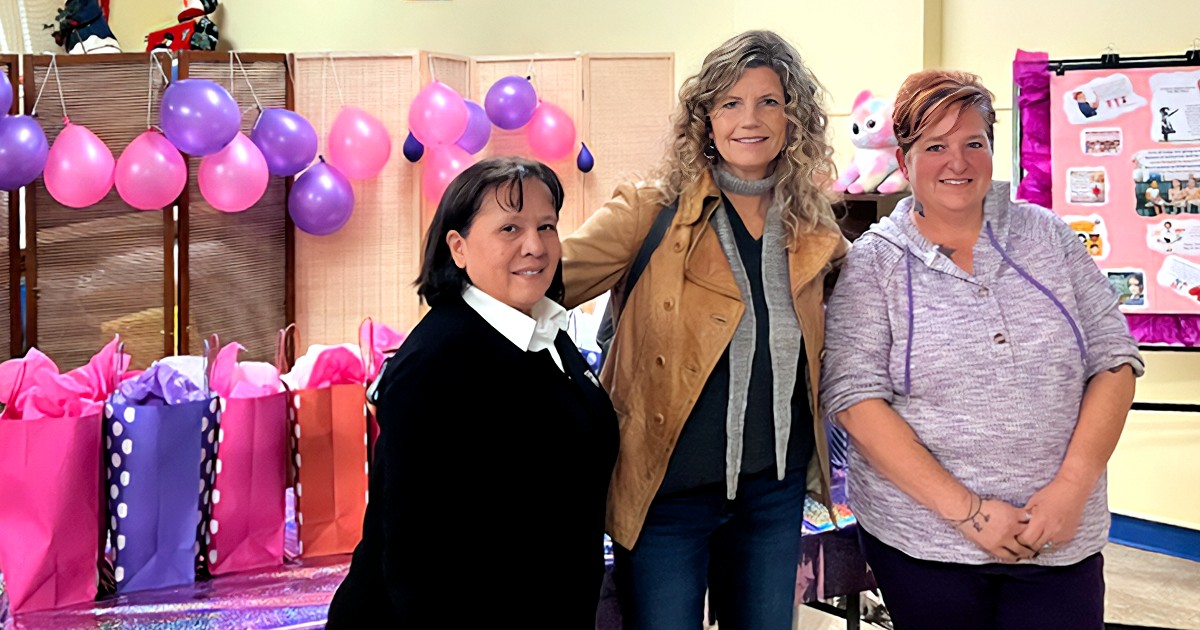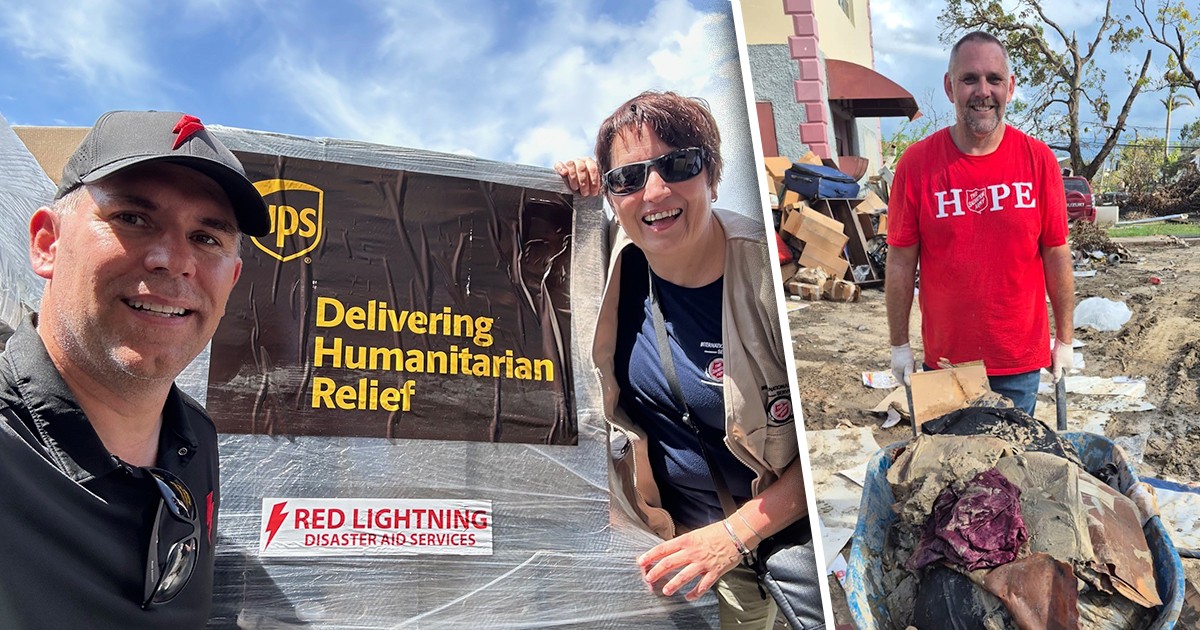
When the Gifts of Hope campaign launched in October 2007, it carried the tagline “Gifts guaranteed to bring hope”—a bold promise that has born fruit.
Last June, in the remote Liberian village of Arthington, a young mother went into labour. She had no access to public transport and was unable to make the two-hour walk to a medical clinic. But she safely delivered her firstborn thanks to Gifts of Hope, which provided the local Salvation Army officer-nurse with medical supplies through its “Stock a Clinic” option.
THREE EASY WAYS TO ORDER:
1. Online at SalvationArmy.ca/giftsofhope
2. Phone 1-800-SAL-ARMY and quote "Gifts of Hope"
3. Mail in the order form
Lieutenant Debbie Kwashie is that nurse, serving with her husband in Arthington. In her role as corps officer, she is aware of the medical concerns of the women and children in the village and surrounding area. While a Salvation Army mobile clinic attempts to make a monthly visit to the community, frequently the roads are impassable due to rains. In emergency situations, the lieutenant is often the primary medical support.
“Thank you for the medical supplies,” writes Lieutenant Kwashie, noting that most of the villagers' diseases can be cared for with basic medication.
Gifts of Hope also impacts villages in Pakistan and Malawi, where community health workers and officers have received medical kits and training.
Through the generosity of Canada and Bermuda, the campaign is also providing significant funding to children left orphaned due to HIV/AIDS. In Malawi, torn clothes have been replaced by new school uniforms so that 300 children—including Ruthie and Ether (pictured above)—can attend school with dignity and pride.
Gifts of Hope provides goats and other income-generating animals to grandmothers, aunts and older siblings who care for orphaned family members.
Thank you for your generous support of Gifts of Hope. With your assistance, The Salvation Army can continue to bring hope to vulnerable children and their
families.
Major Gillian Brown is director of world missions.
Hope by the Numbers
 • 240 goats were distributed, allowing 140 families in Tanzania and Malawi to earn incomes
• 240 goats were distributed, allowing 140 families in Tanzania and Malawi to earn incomes
• 85 families benefited from the cow project in Tanzania, offering milk and dairy products to rural communities at reasonable prices
• 40 members of the home-based care committee in Malawi received training, basic medical kits and 20 bicycles to reach up to 3,000 vulnerable people
• 85 basic medical kits were distributed in Pakistan to reach communities desperately in need of health care
• 85 families received solar cookers in Bolivia; 700 trees were planted to re-forest the village area
• 300 children orphaned by HIV/AIDS in Malawi have the school uniform and supplies necessary to attend school
• 1,462 children from low-income families in Liberia attend after-school study classes
• 100 pigs were purchased as a pilot program at the John Gowans School in Liberia to subsidize the education of girls









Leave a Comment